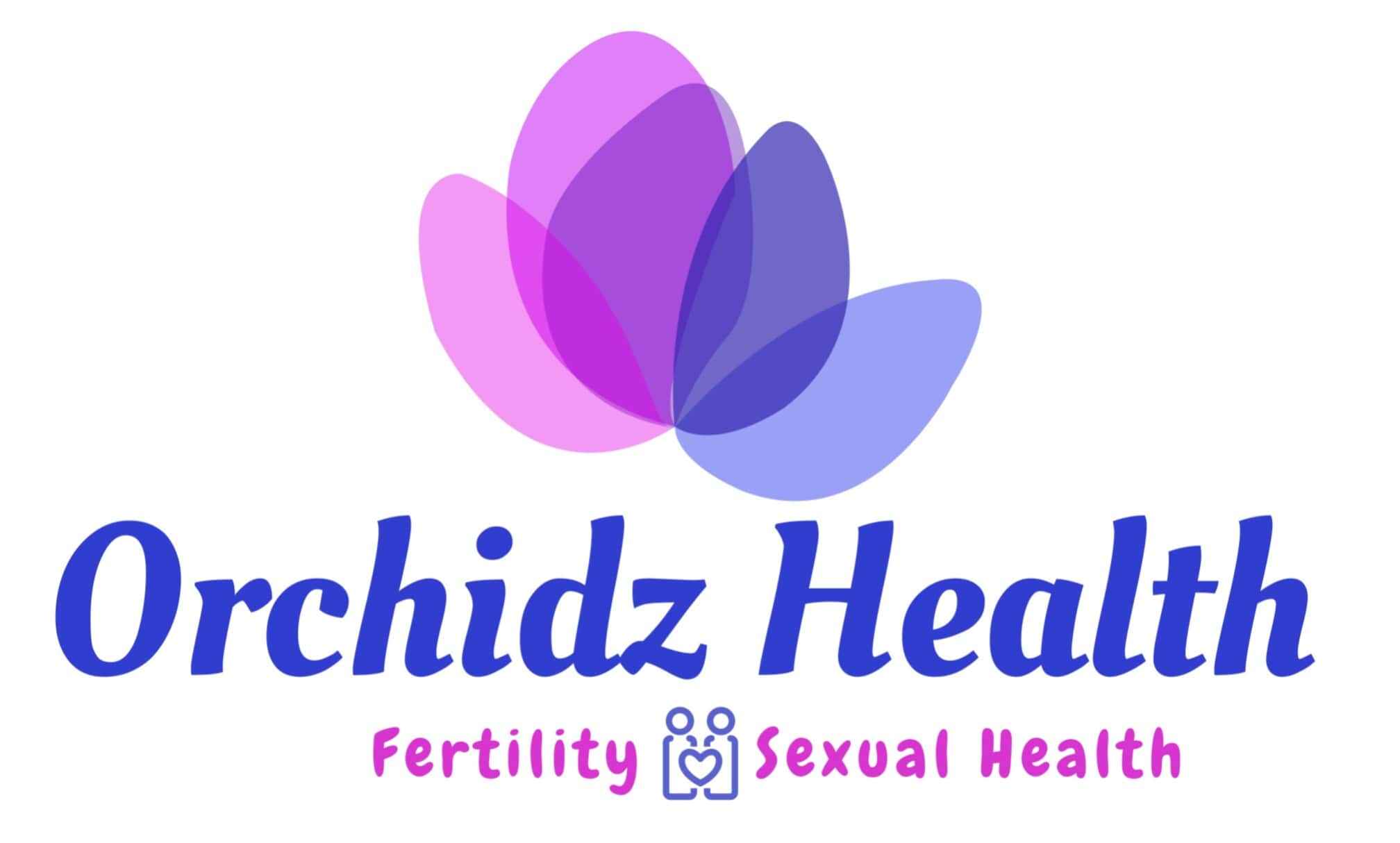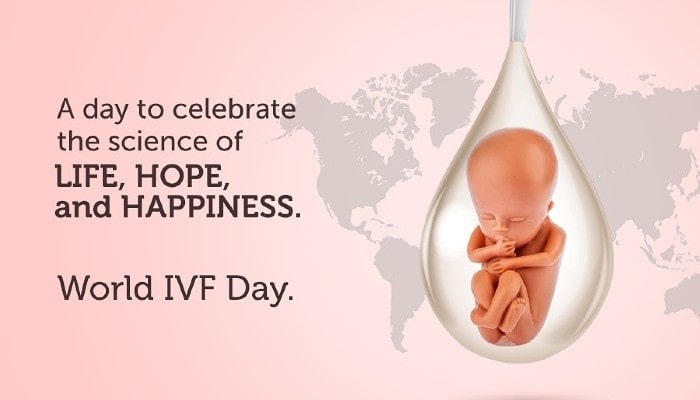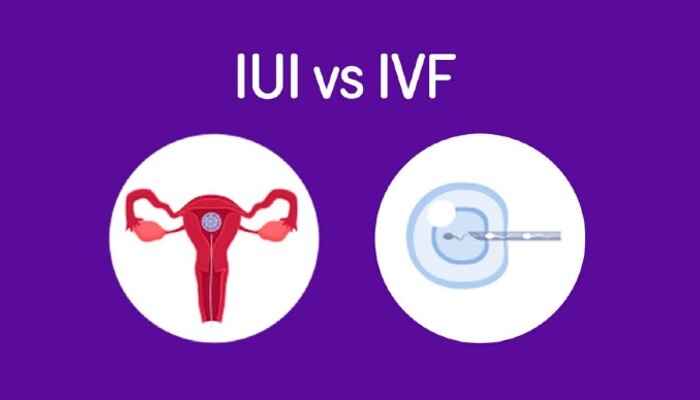Female fertility: Why lifestyle choices count
If you're hoping to get pregnant, you might wonder about your fertility and whether you can improve it. Some factors, such as medical issues affecting your ability to conceive, might be beyond your control. But your lifestyle choices can affect your fertility, too.
Contact Orchidz Health, for the best female fertility treatments in bangalore.

What is female fertility?
Female fertility is a woman's ability to conceive a biological child. You and your partner might question your fertility if you've been trying to get pregnant with frequent, unprotected sex for at least one year — or at least six months if you're older than 35 — with no success.
Lifestyle choices that can impact your reproductive health
- Unhealthy Diet: Consumption of high amounts of junk food is an unhealthy lifestyle choice that can harm an individual's health and affect both male and female fertility. Even doctors recommend that patients lose weight, gain weight depending on a particular case, or follow a diet for a healthy pregnancy.
- Obesity: It can cause disruptions in a female's menstrual cycle, ovulation irregularities, or even for the worse, can lead to a failure of monthly egg release. It can also lead to a complicated pregnancy resulting in preterm birth, gestational diabetes, or maternal hypertensive disorder.
- Being Underweight: Women with lower body weight than usual indicate a BMI lower than 18. Underweight one can experience menstrual disorders and delayed or missed periods for a long period which impact their reproductive health.
- Tobacco use: Besides having an obvious potential risk of cardiovascular or lung disease, tobacco holds more than. It can affect both male and female reproductive health. Men who smoke are reported to have an overall decreased sperm quality. Females who consume tobacco are likelier to have a decreased egg count and are prone to miscarriages.
- Alcohol Consumption: Those who consume alcohol at high levels are susceptible to the following undesirable health effects on their fertility - decreased sperm count and overall quality of the semen, oocyte maturation failure, irregularities in the menstrual cycle, decreased rate of fertilization and implantation and sperm morphology abnormalities.
- Other Factors: There are certain environmental factors that directly or indirectly affect one's reproductive health
- Stress – A lot comes from work or personal issues, making it a mental load. In males, it has been found through a sperm analysis that males who experience stress for a long period have a decreased sperm count. Similarly, stress in females can cause an interruption in fertility treatment.
- Caffeine – Even though there is no significant clinical evidence of coffee affecting one' s reproductive health. A female trying to conceive is advised to reduce her caffeine dosage to one cup daily to prevent any mishap during conceiving or the risk of a miscarriage.
- Drugs & Chemicals – Consuming drugs such as Marijuana can affect the male reproductive system, severely affecting spermatogenesis. Toxic chemicals, street drugs, heavy metals, or pesticides can also hinder male fertility, affecting the normal growth and development of spermatozoa.
- Maintain a healthy weight. Being overweight or significantly underweight can affect hormone production and inhibit normal ovulation. Maintaining a healthy weight can increase the frequency of ovulation and the likelihood of pregnancy.
- Prevent sexually transmitted infections (STIs). Sexually transmitted infections—such as chlamydia and gonorrhoea—are a leading cause of infertility for women. To protect yourself from STIs, practice safe sex. Limit your number of sexual partners, and use a condom each time you have sex—or stay in a mutually monogamous relationship with a partner who isn't infected.
- Eat a healthy diet. Untreated celiac disease can harm fertility. Otherwise, there isn't enough research to suggest a specific diet to promote fertility. Of course, eating plenty of fruit, vegetables, whole grains, healthy fats, and a variety of protein sources will serve you well whether or not you're trying to conceive.
- Schedule regular checkups. Regular visits to your healthcare provider can help you detect and treat health conditions that might threaten your fertility.
- Avoid the night shift, if possible. Regularly working the night shift might put you at a higher risk of infertility, possibly affecting hormone production. If you work the night shift, get enough sleep when you're not working.
- 18, 2nd floor (lift), above Yes Bank, Jaladarshini layout, New BEL Road, Bengaluru 560054
- 080-420 27011 (3 pm - 8:30 pm)
- +91 8296618293
- +91 9901638679
- orchidzhealth@gmail.com
Lifestyle factors can affect fertility rate and reproductive health. Regular exercise can help maintain a healthy weight, which is important for fertility, and also help to reduce stress, which could enhance fertility.
Healthy lifestyle choices can help you promote fertility. For example:
If you're thinking about becoming pregnant and concerned about the impact of your lifestyle choices on your fertility, consult Orchidz Health, the best fertility centre in Bangalore. We can help you identify ways to improve your fertility and boost your chances of getting pregnant.

































